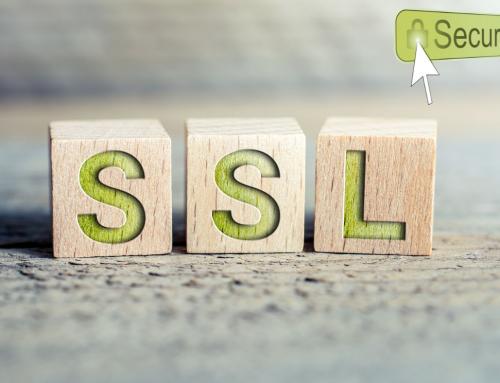There has been an increased risk of scams and hackings during the pandemic as more and more people have chosen to shop online rather than in-store, especially coming up to Christmas. That’s why it’s key that you are ahead of fraudsters and their tricks by reading up on how to prevent getting scammed. Europol is the EU’s law enforcement agency that helps all EU Member States fight against terrorism, cybercrime, and other types of crime. They’ve provided some useful tips for shopping online (read the full list here):
The Essentials
It’s so important that you shop from a trusted seller and that you agree with everything when buying from them. Keeping a record of the purchase including all documents, and all contact made with the seller is also vital for legal purposes. If you have a problem with the product or delivery, always contact the seller first. It’s best to do this through email so you have a record if it. If the seller can’t solve the issue, contact your bank’s customer service and they may advise you to take further action such as reporting the issue to the Gardaí.
There are 12 golden rules when buying online:
- Never send your card number or PIN etc to anyone by email.
- If you aren’t buying anything, don’t submit your card details because there a lot of websites and mobile games that were made just to scam you.
- If the store asks for your payment details, think twice before you do anything as that store might have low security and is at risk of being hacked.
- Buy from trusted sources. Use brands and shops that you are familiar with or have used before and check their ratings. When you’re putting in your card details, make sure the shop’s checkout has a certified security certificate.
- Do your online shopping on websites that can prove its authenticity.
- If the website doesn’t have full authentication, make sure the data transfer is protected. Check that there is an icon of a key or locked lock at the bottom of your browser window and that in the address bar the URL begins with ‘https://’ instead of ‘http://’.
- Don’t send money to anyone you don’t know.
- Don’t send money upfront to the seller and make sure you get the item you bought before paying.
- Use credit cards when purchasing things online because most have a strong customer protection policy so if you don’t get what you ordered, your bank will tell you how you can get a refund.
- Before giving your card details to pay for a continuous service, find out how you can stop that service and the recurring charges.
- Always save all documents related to your online purchases as they might be needed as proof.
- Some online shops outside of Europe may ask for a copy of your card and passport by fax to make sure the person buying the item is who they say they are. Never send your card details in an unencrypted email that’s not secure or doesn’t protect your data.
Download the full PDF version of these Golden Rules here.
Always Be Aware of Phishing
It is important to remember that dangerous sellers may not always be easy to identify. Phishing and unsolicited emails pose a huge security risk because they seem like an attractive offer that may be too good to be true. For this reason, always be cautious of these offers and emails.
If It’s Too Good to Be True, It’s Probably a Scam
Have you ever been on a website that sells products at a really cheap price, or had really good reviews but they all sound the same? They’re signs that the website was made by a dodgy seller that wants to trick you into sending your details by making the website look irresistible to buy from. Don’t download anything from those types of websites and make sure you have an anti-virus programme on your phone and computer.
Your Credit Card
It’s also essential to ensure you’re being careful with your credit card. Keep your PIN code confidential, set withdrawal limits and be aware of pickpockets. When in a shop, cover your hand/purse/wallet when entering your PIN, never lose sight of it, and save your transaction receipts. When at an ATM remember to stand close to the ATM, be aware of people around you, and take your card and cash out of the ATM before leaving.
The full list of tips can be found here. We recommend that you read them carefully and ensure that you understand every single one of them. Cybersecurity is a serious issue that can affect anyone, so stay ahead of the scammers and make yourself aware of how to protect your money and data when shopping online. Stay safe when you’re doing your Christmas shopping and always watch out for websites that seem suspicious.






